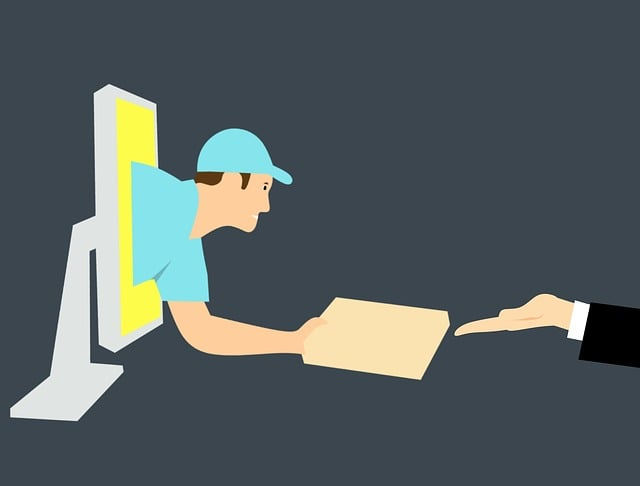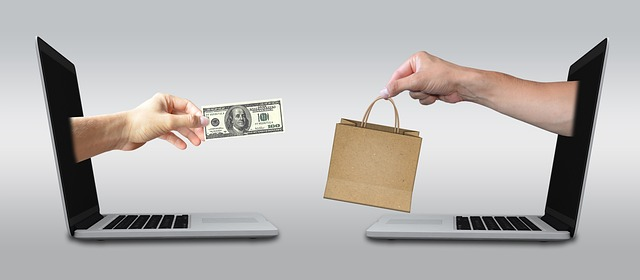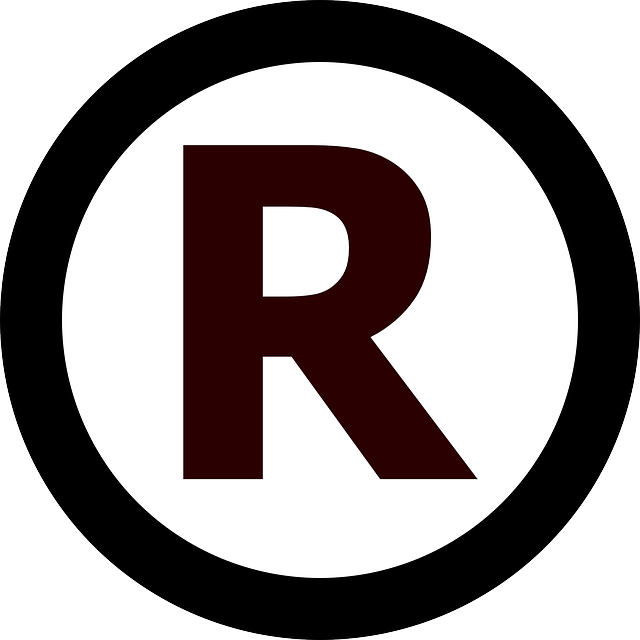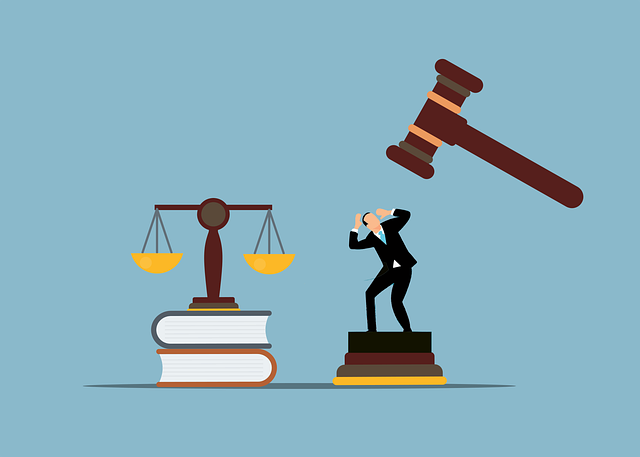Is Dropshipping Legal? Everything You Need to Know
Disclaimer: The information provided on this page is for general informational purposes only and is not intended as legal advice. While efforts have been made to ensure the accuracy and completeness of the content, it is derived from internet sources and may not reflect the most current legal standards or interpretations. Always consult with a qualified legal professional before making decisions that could affect your business’s legal standing. This guide does not constitute a legal consultation and should not be relied on as such.
Dropshipping has emerged as a highly popular business model among entrepreneurs eager to make their mark in the ecommerce world without the burden of significant overhead costs.
Check out my Guide on How to start dropshipping for free (almost)
This approach allows individuals to sell products directly to customers without maintaining inventory, thereby reducing startup costs and operational complexities. However, navigating the legal landscape of dropshipping is crucial for operating your own legal business model both successfully and ethically.
Understanding the specific legalities, including taxation, intellectual property rights, and consumer protection laws, is fundamental to avoid potential legal pitfalls. This comprehensive guide aims to equip you with a thorough understanding of these key legal considerations.

By following this guide, you’ll ensure that your dropshipping business not only remains compliant with existing laws and regulations but also builds a foundation of trust with your customers, positioning your venture for long-term success.
Do I Need to Pay Taxes When Dropshipping?

Yes, similar to any other business venture, owning a dropshipping store comes with the obligation to pay taxes.
The specific tax obligations can significantly vary depending on several factors, including the location of your business, the location of your suppliers, sales tax permit and the regions where you sell your products. Navigating through the complexities of tax regulations is critical to operating your business legally and efficiently.
It’s imperative to gain a thorough understanding of your tax responsibilities not only in your home country but also in any other countries where you might be conducting business.
This might entail consulting with a tax professional or doing extensive research to ensure compliance with local and international tax laws, which can often be intricate and subject to change. Understanding and adhering to these tax obligations is crucial for the smooth operation and long-term success of your dropshipping business.
You can check out AutoDS’s guide on how dropshipping taxes work
Copyright Laws

Copyright laws serve as a crucial shield, safeguarding the exclusive rights of creators over their original works, spanning from literary compositions to artistic creations.
In the context of many dropshipping businesses, understanding and adhering to these laws is paramount. This entails a rigorous process of ensuring that the products you sell, along with the marketing materials you employ, such as product images and descriptions, do not encroach upon the copyrights of others.
To navigate through these legal waters safely, it’s advisable to utilize product images and descriptions that are directly provided by your suppliers, as they typically possess the rights to these materials.
Alternatively, creating your own unique content can serve as a fail-safe strategy to not only steer clear of potential legal entanglements but also to imbue your product offerings with a personal touch that can enhance your brand’s appeal.
Check out StartUp’s outlook on the copyright law
Don’t Infringe Copyrights
Infringing on copyrights is a serious issue that can lead to lawsuits, hefty fines, and significant legal trouble.
It’s crucial to always seek permission or use licensed work when incorporating third-party content into your marketing materials or on your website. This includes everything from written content to images, videos, and music.
Being proactive in obtaining the necessary rights and permissions not only protects your business from potential legal consequences but also helps in maintaining your reputation as a respectful and law-abiding entity.
Moreover, it encourages creativity and supports the original creators by acknowledging their contributions.
Get a Business License

Obtaining a business license is a crucial step that not only legitimizes your enterprise but also unlocks a plethora of business opportunities and advantages.
Depending on your geographic location, the specific requirements for obtaining a valid business license can vary widely.
However, it’s generally acknowledged that having a business license is indispensable for legally operating your business.
This legal document ensures that your business is recognized by the local government and complies with various regulations, which can range from health and safety standards to environmental practices.
Furthermore, being licensed can enhance your credibility with customers, suppliers, and potential investors, establishing a foundation of trust crucial for business growth and development.
Check out Forbes’s Guide on How to get a business license in 5 steps
Most Common Dropshipping Compliance Issues

Dropshipping compliance issues primarily concern the sale of counterfeit or prohibited items, which can lead to significant legal problems.
Additionally, many dropshippers run into issues by not adhering to tax laws, which vary greatly from one jurisdiction to another, leading to complicated legal situations.
Failure to meet shipping and return policies, often set by third-party platforms or consumer protection laws, can further complicate operations.
Being aware of and diligent in these areas is crucial, as it can save you from hefty fines, legal trouble, and damage to your business reputation.
Online Marketplace Rules for Dropshipping

Platforms such as Amazon, eBay, and Shopifyhave established specific rules and regulations for dropshippers to follow.
These guidelines often encompass policies on product quality, ensuring items meet a certain standard; shipping times, requiring sellers to deliver products within a designated timeframe; and returns, outlining procedures for handling customer complaints, returns and exchanges.
It is crucial for dropshippers to thoroughly familiarize themselves with these rules to ensure their online store remains in good standing, avoids penalties, and provides a positive customer experience.
Understanding and adhering to these platform-specific policies can significantly contribute to the success and reputation of a dropshipping business.
Invest in an eCommerce Payment Gateway

A reliable and secure payment gateway is not just an added feature but a fundamental cornerstone for the success of your ecommerce store.
To ensure every transaction is processed safely, it’s crucial that your chosen payment gateway complies with the Payment Card Industry (PCI) standards.
This compliance is not just a formality; it’s a rigorous set of security measures designed to protect transaction data integrity.
Opting for a reputable provider is paramount, as it not only safeguards your financial data but also secures your customers’ sensitive information.
Read and Sign Supplier Contracts
Before entering into partnerships with suppliers, it’s crucial to thoroughly review and fully understand the contracts.
Doing so ensures that there is complete clarity on the terms and conditions regarding product quality, fulfillment times, and return policies.
This comprehensive understanding is essential for setting clear expectations and preventing any potential disputes in the future.
Sales Tax Laws
Navigating sales tax collection in the dropshipping business model can present a complex challenge.
This complexity arises from the fact that entrepreneurs often work with a variety of suppliers while selling products to a global customer base. It’s crucial to identify when your business activities establish a sales tax nexus in specific states or countries.
A sales tax nexus is essentially a significant enough presence in an area that obligates you to collect sales tax from customers in that location.
Once a nexus is established, it’s imperative to understand and adhere to the applicable sales taxes, tax laws and regulations of that jurisdiction to ensure compliance and avoid legal issues.
Get Product Liability Insurance
Product liability insurance serves as a crucial safeguard for your business, offering protection in the event that the products you sell cause harm to your customers.
This type of insurance coverage is especially significant for businesses engaged in the dropshipping model, where the sourcing and quality control of products are handled by third-party suppliers, not directly by the business itself.
Given the nature of dropshipping, where the business owner has limited control over the manufacturing and distribution process, having product liability insurance ensures that your business is protected against potential claims of damage or injury caused by the products you offer.
This insurance is a vital component of a comprehensive risk management strategy for any business that sells products, particularly in the dropshipping model.Truth in Advertising Laws
🔺 Truth in advertising laws
Your marketing efforts must not mislead consumers. This means providing accurate descriptions, realistic expectations around product performance, and clear terms of sale. Adhering to these laws builds trust with your customers.
Consumer Protection Laws
Understanding legal responsibilities, and complying with consumer protection laws is crucial for any business.
These laws encompass a wide range of areas, including product safety, ensuring that all products meet certain standards to prevent harm to consumers; customer privacy, which involves safeguarding personal information from unauthorized access; and fair trading practices, which aim to protect customers from fraudulent or unethical business practices.
Adhering to these regulations is not just about legal compliance; it’s about respecting and protecting your customers’ rights, building trust, and establishing a reputable brand in the marketplace.
How to Avoid Legal Trouble While Dropshipping
To steer clear of legal issues, it’s critical to ensure full compliance with several key areas. First, adhere strictly to copyright laws to respect intellectual property rights. Additionally, stay up to date with tax legislation to avoid financial penalties.
Consumer protection laws must also be followed to ensure fair treatment of customers. Investing in quality control is essential to maintain high standards for your products or services, thereby reducing the risk of customer dissatisfaction and potential legal challenges.
Follow Email Marketing Laws

Email marketing laws, including the General Data Protection Regulation (GDPR) in Europe and the CAN-SPAM Act in the United States, mandate that businesses obtain explicit consent from recipients prior to sending them promotional emails.
These laws are designed to protect consumers’ privacy and prevent unsolicited emails. Violating these regulations can lead to severe consequences, including significant fines that can impact a business financially.
Compliance is crucial to avoid legal repercussions and maintain trust with your audience.
Liability and Trademarking Issues

Selling counterfeit or unlicensed products is not only unethical but can also result in significant legal liability issues for your business.
This could involve lawsuits and substantial fines that could harm your business’s reputation and financial standing. Similarly, it’s crucial to ensure that your business name or logo doesn’t infringe on existing trademarks.
Accidentally using a trademark that belongs to another company can lead to legal challenges and the requirement to rebrand, which can be costly and damaging to your brand’s recognition.
Conducting thorough research into existing trademarks and applying for your trademark is highly advisable to protect your brand and avoid these potential legal complications.
It provides you with legal protection and helps establish your brand’s unique identity in the marketplace.
Is Dropshipping Legal? 6 Simple Considerations For Your Business
Compliance with laws and taxes.
Ethical relationships with suppliers.
Transparency with customers.
Quality control measures.
Protecting customer data.
Continuous education on changing legalities.
Add Legal Agreements to Your Store

Incorporating legal agreements like privacy policy, terms of service, and return policy on your website goes beyond mere legal compliance—it represents best practice in today’s digital world.
These important documents do more than fulfill regulatory requirements; they establish clear expectations for your customers, fostering trust and transparency.
Moreover, they serve as a protective shield for your online business, mitigating potential legal disputes and clarifying the rights and responsibilities of all parties involved.
Ensuring these documents are thorough and tailored to your specific business needs can significantly contribute to the smooth and lawful operation of your online presence.
Five Dropshipping Legal Requirements to Protect Your eCommerce Business
Business registration and licensing.
Tax compliance.
Contracts with suppliers.
Compliance with ecommerce laws.
Customer data protection.
Comply with Dropshipping Policies Across Marketplaces
Each online marketplace has unique policies for dropshippers. Compliance ensures sustained operations and mitigates the risk of being banned from these lucrative platforms.
Check out my guide on How to Dropship on Facebook
Is Dropshipping Legal on Amazon?
Yes, dropshipping is legal on Amazon, but it comes with stringent rules, including being the seller of record and ensuring that all packaging and documentation do not mention any third party supplier third-party.
Vet Dropshipping Suppliers Very Carefully
Choosing reputable suppliers is key to avoiding legal issues. Research potential suppliers thoroughly to ensure they are reliable, ethical, and compliant with laws and regulations.
Create a Shipping Policy
A clear shipping policy sets proper expectations with customers about delivery times and shipping costs. It’s a critical component of customer satisfaction and legal compliance.
Quality Control, Supply Chain and Customer Service
Investing time and resources into quality control, efficient supply chain management, and responsive customer service minimizes legal risks and fosters a loyal customer base.
Can I face legal problems for selling counterfeit products?
Yes, selling counterfeit goods and products can result in lawsuits, fines, and damage to your brand reputation. Always ensure the authenticity of the products you sell.
If you’re still contemplating whether dropshipping is the right path for you, consider exploring these two articles of mine.
For insights into the merits of dropshipping, read “Is Dropshipping Worth It?” Alternatively, if you feel dropshipping isn’t suited to your tastes, check out my article on “57 Proven Online Business Ideas You Can Easily Launch in 2024” for a wealth of other options.
Dropshipping legality FAQs
This section addresses common legal questions related to dropshipping, providing clarity and guidance for both legal professionals and new and experienced entrepreneurs.
Dropshipping Legal Requirements
Legal requirements for dropshipping companies may include business licensing, tax compliance, adherence to ecommerce laws, and consumer protection measures.
Manage Tax Returns as a Dropshipper
Properly managing tax returns involves understanding income tax and liabilities in different jurisdictions and accurately reporting income and expenses.
Research Supplier Quality
The quality of your suppliers directly impacts your business reputation. Conduct thorough research to ensure suppliers are reputable and products meet your quality standards.
Protect customer data
Implementing strong security measures and complying with data protection regulations is crucial in safeguarding your customers’ personal information.
Understanding and adhering to these legal aspects not only keeps your dropshipping business lawful but also builds a trustworthy brand that resonates with high-net-worth individuals interested in luxury real estate.



